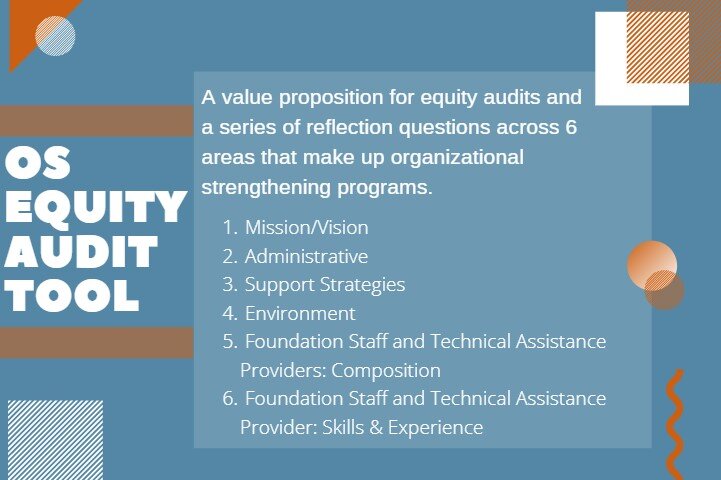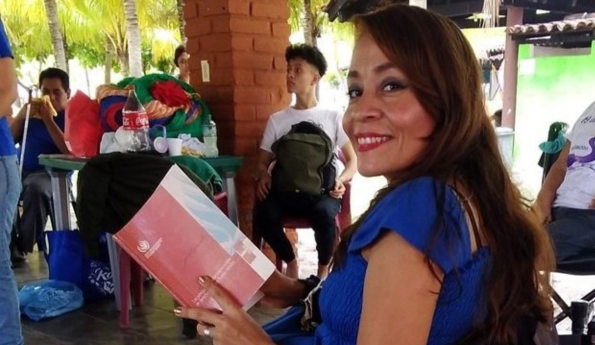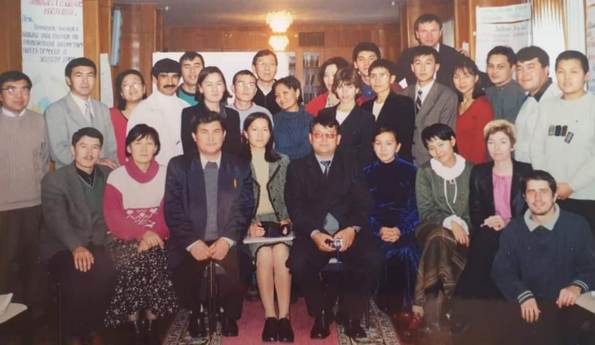“As I have always said, those closest to the pain should be closest to the power.” – Ayanna Presley, U.S. Representative (MA)
By: Emily Wexler, Social Sector Accelerator
Like many organizations in the social sector, the Social Sector Accelerator is participating in community conversations with fellow capacity builders, intermediaries and grantmakers to interrogate our own complicity in perpetuating the systems and structures that result in differential outcomes for Black, Indigenous and people of color (BIPOC) communities (hello, overly demanding reporting requirements for underwhelming sums of grant support and focusing solely on the symptoms of inequity and not their root causes). These conversations have surfaced all kinds of disconnects between what we say we value and what it feels like to interact with our programs, policies and practices.
When community, partners and staff (often BIPOC) courageously name these disconnects and IF an organization is open to receiving them and taking action (which is often not the case), we’ve also seen how the manifestations of white dominant culture, such as perfectionism and over-intellectualization, become roadblocks to progress…or even getting the ball rolling.
That’s why we were incredibly grateful to work with Denise Herrera and her team at Saint David’s Foundation in Austin, Texas where we had partnered with Bridget Samuel at VESTEDin Consulting to conduct a review of the capacity building support the Foundation provides to its grantee partners. Along the way we began to wonder, what resources exist at the intersection of equity, grantmaking and organizational strengthening? In other words, how do you embed equity in the design, implementation and learning of your capacity and organizational strengthening programs?
With Denise’s partnership, we began to build out an equity audit tool for organizational strengthening programs. The idea for this audit was not part of the initial scope of work and the Accelerator team are not equity, diversity and inclusion (EDI) experts, however we believe that achieving more equitable outcomes in our grantmaking is everyone’s work, regardless of role. We also believe that equity work is not something you “get right”, but a process toward a desired outcome that requires us to start, act, learn and repeat. We saw the development of this tool and design of better iterations as a way to “walk the talk”, change our own practice, learn publicly, invite others to share their own journey and collaboratively build a tool for the field to use.
“The purpose of the Organizational Strengthening (OS) Equity Audit Tool and the design process used to create it is to drive productive and courageous conversations about our organizational strengthening efforts by unpacking and improving their design, implementation, staffing and outcomes in service of achieving contextual and transformative supports.”

As Denise vetted the tool with the Foundation’s internal EDI committee, we also looped in our friend, Nwando Obele, at TSNE MissionWorks. In addition to being a seasoned provider of capacity building supports, TSNE’s Learning Lab, is using human-centered design processes from the beginning of any partnership to disrupt traditional notions of “community engagement” and put grassroots and BIPOC leaders in the driver’s seat of naming and shaping the capacity strengthening supports they want and need.
Because, as Nwando says, “equity is both an outcome and a process” we have taken the OS Equity Audit Tool to our target “end users” – grantmakers – to help us refine it and make it better. We have now engaged over 100 grantmakers to review and refine the tool. Our goal is threefold:
- Make the tool better – because it is a living resources and will never be “done”
- Model a process of collaborative and transparent design that can be adopted in a wide variety of contexts
- Get more grantmakers to take action and put equity into practice
We are the first to admit that the OS Equity Audit Tool builds on the enumerable equity champions who are fighting hard to get this sector to talk and act. In fact, the tool’s power is in its repurposing of existing wisdom and combining it with a process whereby grantmakers touch, shape and apply this wisdom.
If you’d like to provide input on the tool and/or be a part of shaping the next iteration, please reach out.




